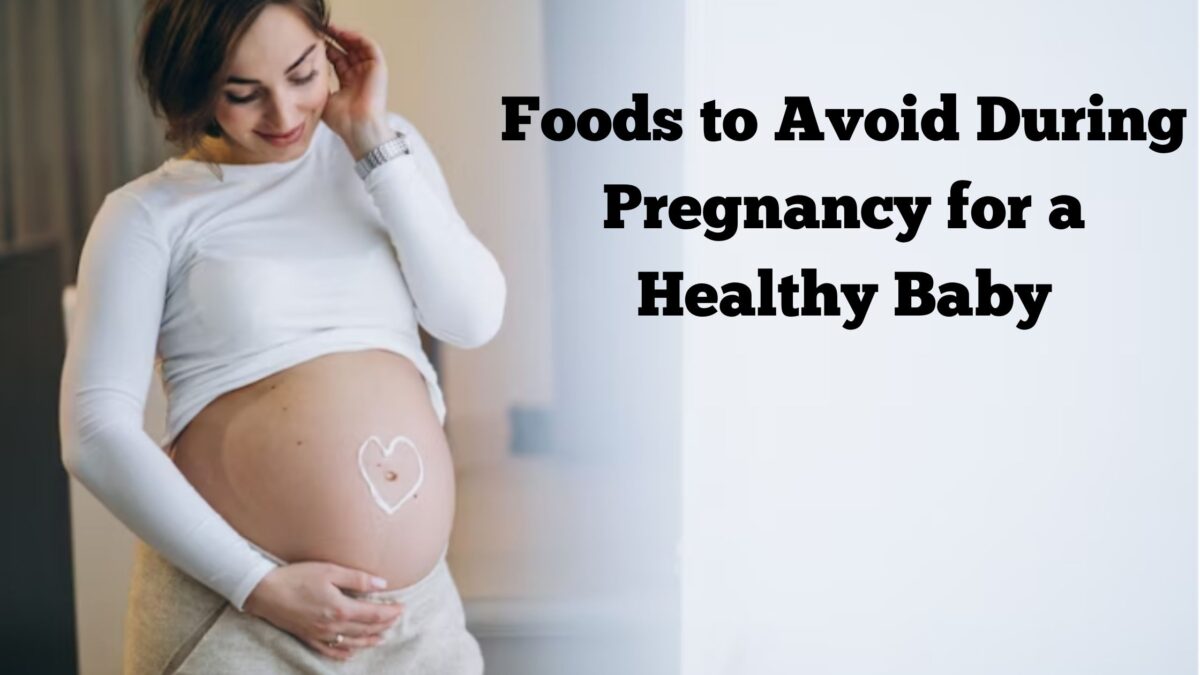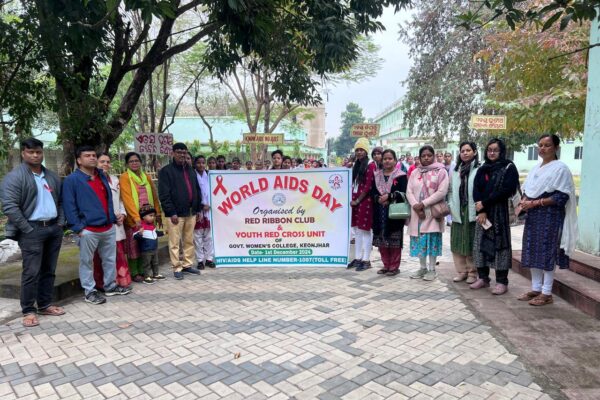Pregnancy is a crucial time for both the mother and the baby. During this time, it is important for the mother to take good care of her health and diet. A well-balanced and nutritious diet is essential for the proper growth and development of the baby. However, there are certain foods that pregnant women should avoid to ensure the safety of their unborn child. In this blog, we will discuss the foods to avoid during pregnancy for a healthy baby.
Raw or Undercooked Meat:

Raw or undercooked meat, including beef, pork, and poultry, can contain harmful bacteria such as E.coli, Salmonella, and Listeria, which can cause food poisoning. Food poisoning during pregnancy can be dangerous for the mother and the baby, and it can even lead to miscarriage or premature delivery. Pregnant women should avoid consuming raw or undercooked meat and make sure that all meats are cooked thoroughly before consumption.
Raw Eggs:

Raw or undercooked eggs can also contain Salmonella, a harmful bacteria that can cause food poisoning. Pregnant women should avoid foods that contain raw or partially cooked eggs, such as homemade mayonnaise, Caesar salad dressing, and hollandaise sauce. Additionally, it is important to ensure that eggs are cooked until the yolk and white are firm before consumption.
Fish High in Mercury:
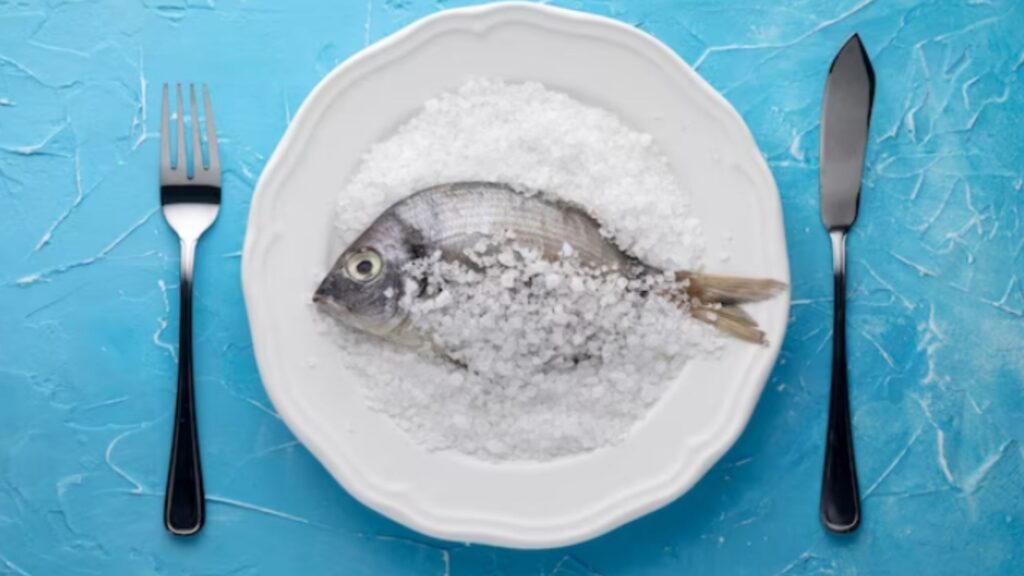
Fish is an excellent source of omega-3 fatty acids, which are essential for the baby’s brain and eye development. However, some types of fish are high in mercury, a toxic metal that can harm the baby’s nervous system. Pregnant women should avoid fish that are high in mercury, such as swordfish, shark, king mackerel, and tilefish. Instead, they should choose fish that are low in mercury, such as salmon, catfish, and canned light tuna.
Raw Shellfish:
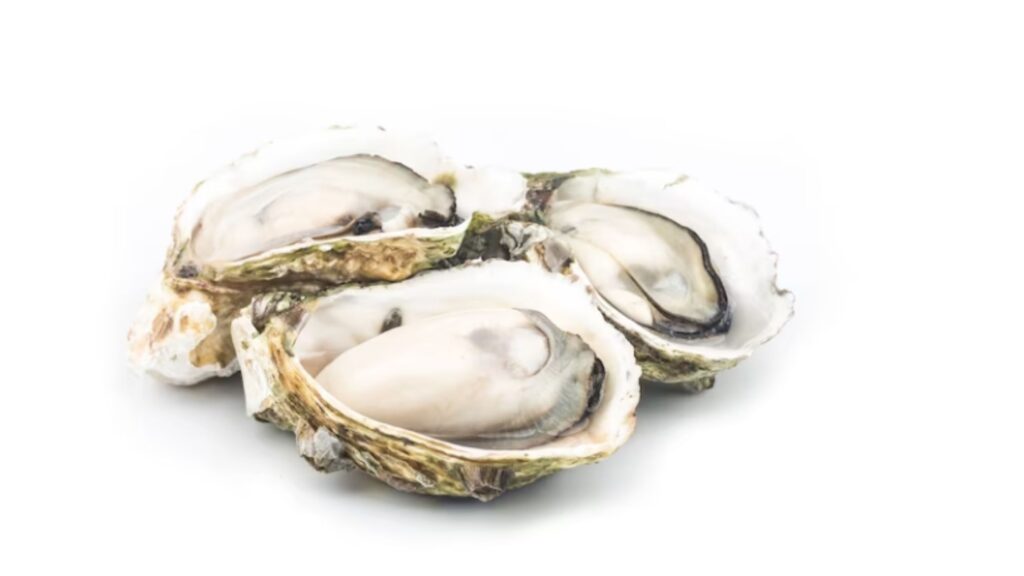
Raw or undercooked shellfish, such as oysters, clams, and mussels, can contain harmful bacteria and viruses that can cause food poisoning. Pregnant women should avoid consuming raw shellfish and make sure that all shellfish are cooked thoroughly before consumption.
Alcohol:

Alcohol consumption during pregnancy can lead to fetal alcohol syndrome, a condition that can cause physical and mental disabilities in the baby. Pregnant women should avoid consuming alcohol during pregnancy, and if they have a problem with alcohol addiction, they should seek help as soon as possible.
Caffeine:

Caffeine is a stimulant that can cross the placenta and affect the baby’s heart rate and breathing. Pregnant women should limit their caffeine intake to 200 milligrams per day, which is equivalent to about one 12-ounce cup of coffee. Additionally, it is important to avoid caffeine from other sources, such as tea, chocolate, and some soft drinks.
Processed Foods:
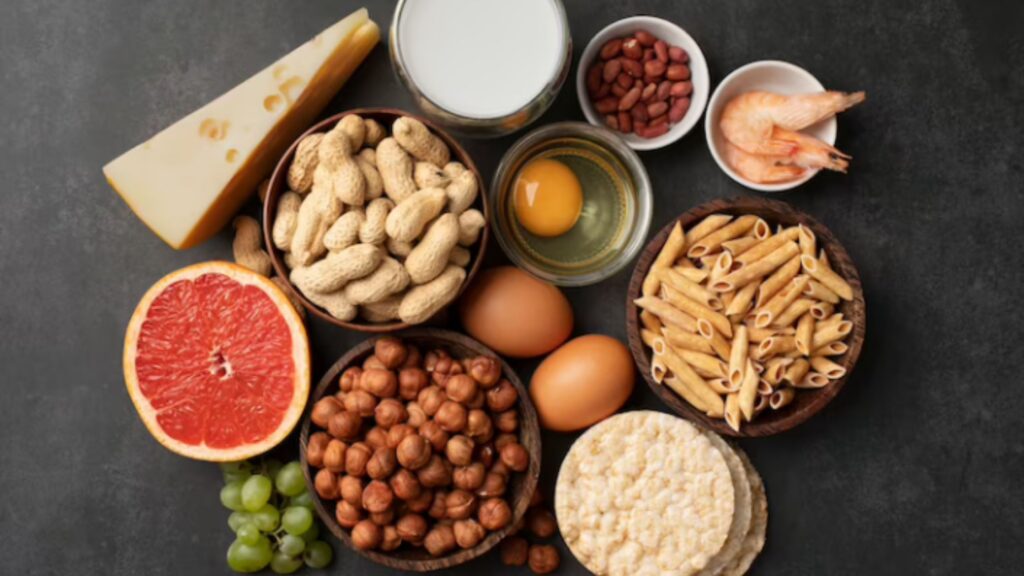
Processed foods, such as canned foods, frozen meals, and fast food, can contain high levels of sodium, sugar, and preservatives. Pregnant women should avoid consuming processed foods and opt for fresh, whole foods instead. Additionally, they should read food labels carefully and avoid foods that contain artificial ingredients and additives.
Raw Sprouts:
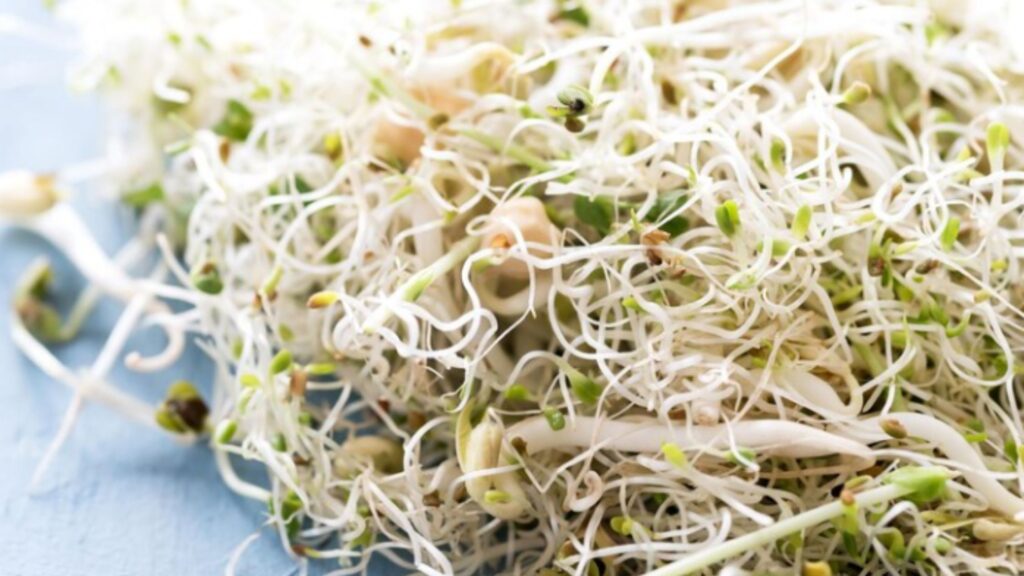
Raw sprouts, such as alfalfa, clover, and radish sprouts, can contain harmful bacteria such as E.coli and Salmonella, which can cause food poisoning. Pregnant women should avoid consuming raw sprouts and make sure that all sprouts are

